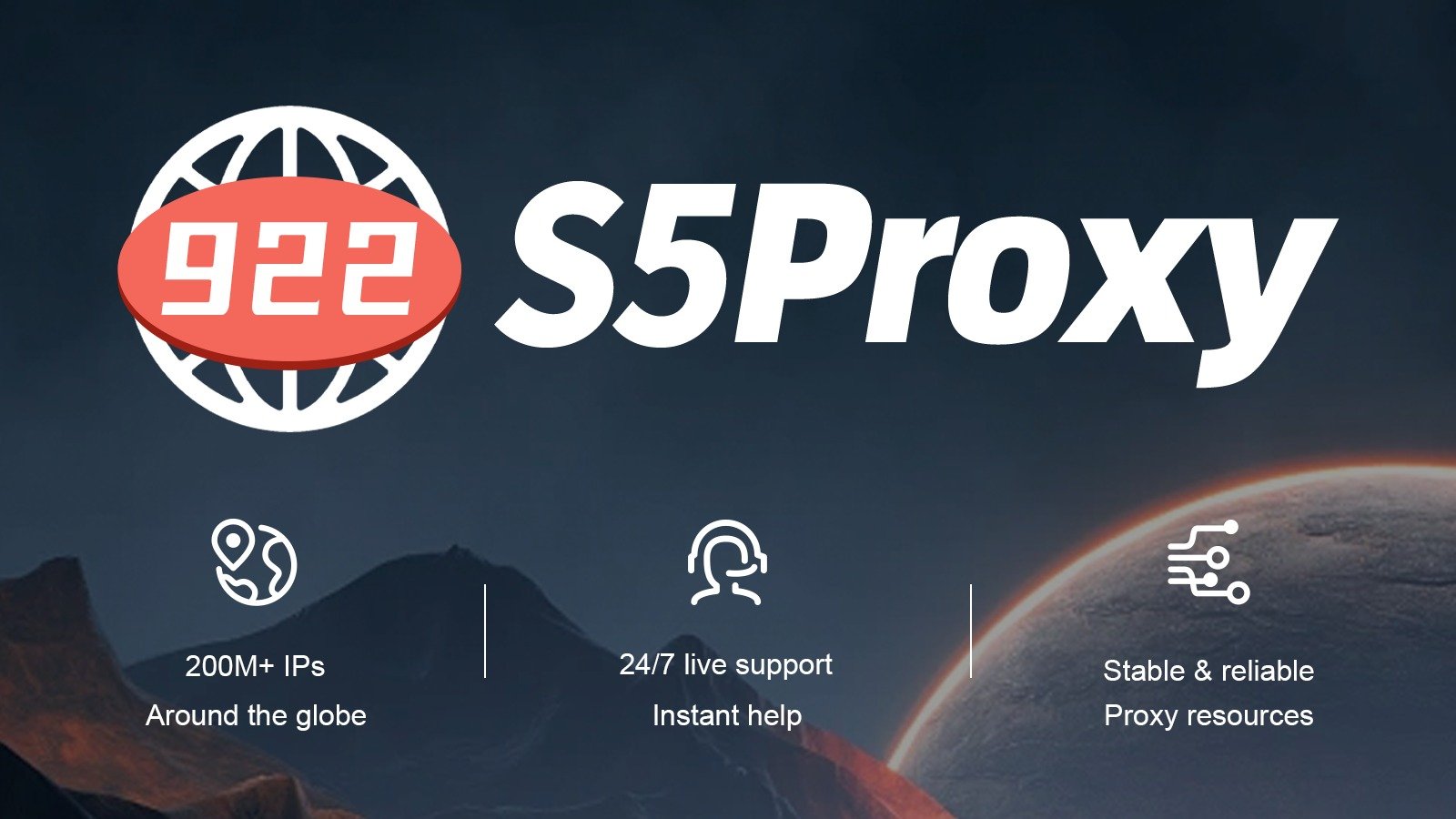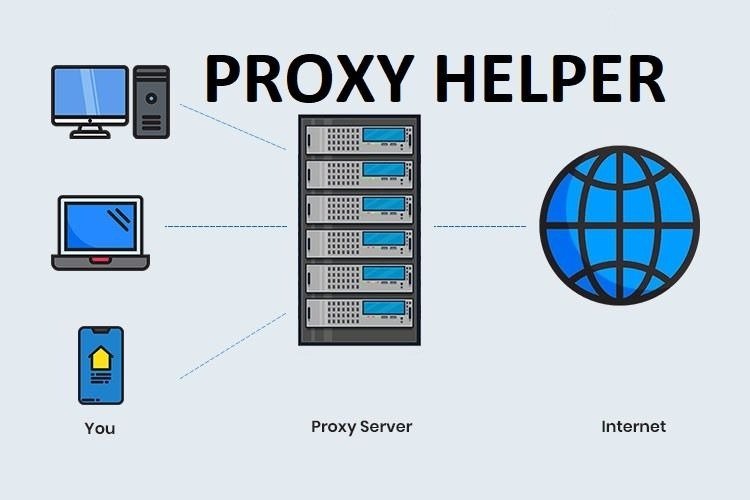A proxy is an important concept in the fields of information technology and computer networks. Simply put, a proxy can be understood as an intermediary between users and the online services they access. The main function of a proxy is to provide a way to conceal the actual IP address of the user, helping them browse the web and perform online activities more anonymously and securely.
Introduction to Proxies
One of the significant applications of a proxy is to provide security features for users when accessing the internet. When you use a proxy, your IP address is not revealed to the websites you visit. Instead, the proxy’s IP address is presented, safeguarding the user’s identity. This is particularly useful when you want to avoid websites tracking your online activities and collecting personal information.
Beyond enhancing security, proxies also have the ability to control internet access. In corporate or organizational environments, proxies can be used to restrict access to unrelated websites, ensuring a focus on core tasks. Furthermore, proxies can block malicious or unsafe websites, protecting systems from network threats.
Another capability of proxies is to improve internet access speed. By temporarily caching data from web pages before delivering it to users, proxies can reduce page loading times and enhance web browsing speed. This is especially beneficial in network environments with multiple users sharing internet access and network resources.
Another popular type of proxy is a reverse proxy, which is placed in front of a server and forwards requests from users to the actual server. Reverse proxies can enhance performance and security for web applications by processing and filtering requests before they reach the destination.
However, it’s important to note that using proxies can also bring about certain limitations. Some online services can detect and block users using proxies to access their content. Additionally, using proxies should be done carefully to avoid misuse, such as accessing illegal content or causing inconvenience to others on the network.
Proxies play a crucial role in providing security, anonymity, access control, and performance improvement when using the internet. Depending on the purpose of use, users can leverage the advantages of proxies for safe and effective web browsing and online activities. Nevertheless, the use of proxies should be exercised thoughtfully and responsibly to ensure compliance with relevant regulations and laws.
Buy cheap Proxy at Proxyv4.net
Useful Functions of Proxies
Network Security
Proxies can aProxies can act as intermediaries between internal networks and the internet, functioning as firewalls that prevent external attacks, safeguarding networks from malware, malicious software, and Distributed Denial of Service (DDoS) attacks.ct as intermediaries between internal networks and the internet, functioning as firewalls that prevent external attacks, safeguarding networks from malware, malicious software, and Distributed Denial of Service (DDoS) attacks.
Identity Protection and Privacy
Proxies can hide users’ actual IP addresses, protecting their privacy and avoiding online activity tracking.
Internet Access Control
Proxies can be used to manage access to websites and online services in corporate or educational environments. This helps control internet usage, blocking access to inappropriate or harmful websites.
Enhanced Access Speed
Caching proxies store popular content from websites. When users request that content again, proxies can provide it without reloading from the original server, thereby boosting access speed and reducing network load.
Load Balancing
Load balancing proxies distribute load among target servers, balancing traffic and making network operations more efficient while preventing overload on specific servers.
Bypassing Blocked Content
Proxies can be employed to bypass geographical or political restrictions on the internet, enabling users to access content blocked in certain countries or networks.
Monitoring and Logging Access Activities
Proxies can log user access activities, providing information about accessed websites and used services. This can be useful for monitoring purposes and adhering to internet usage policies in organizations.
Simple Guide to Bypassing Proxy Firewall
If you’re looking to access a blocked website at work or school, or you want to browse the internet anonymously, using a proxy service might be the solution. Here’s a simple guide:
Step 1. Choose a proxy service
There are numerous free and paid online proxy services. Some popular options include proxyv6.net, proxyv4.net, and KProxy.
Step 2. Visit the proxy service’s website
Open your browser and navigate to the website of the proxy service you’ve chosen.
Step 3. Enter the URL
On the main page of the proxy service, there will be a field for entering a URL. Input the web address you wish to access in that field.
Step 4. Click “Go” or similar
Depending on the service you’re using, there might be a button labeled “Go”, “Browse”, or something similar. Click on it.
Step 5. Access the website
You will be taken to the website you wanted to access via the proxy service. Note that the browsing speed might be slower than usual.
Affordable Proxy Services at Proxyv6.net
If you’re searching for a cost-effective proxy service, Proxyv6.net might be a suitable choice for you. Here, we offer affordable proxy packages to meet your needs. With guaranteed service quality, you can confidently use these proxies for your purposes. We understand that selecting an appropriate proxy service can impact your performance and security, so we commit to providing reliable options. Visit Proxyv6.net to learn more about the affordable proxy packages we offer.




